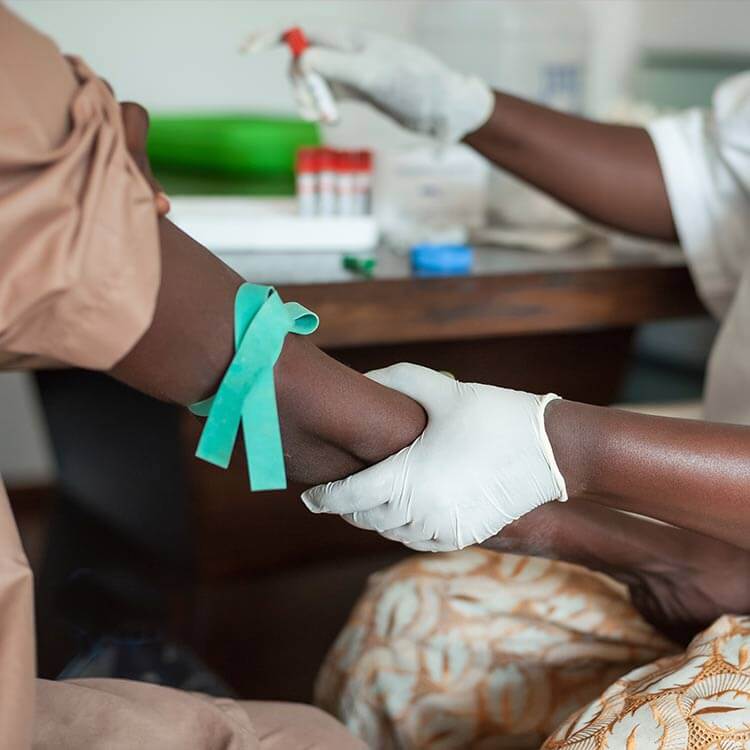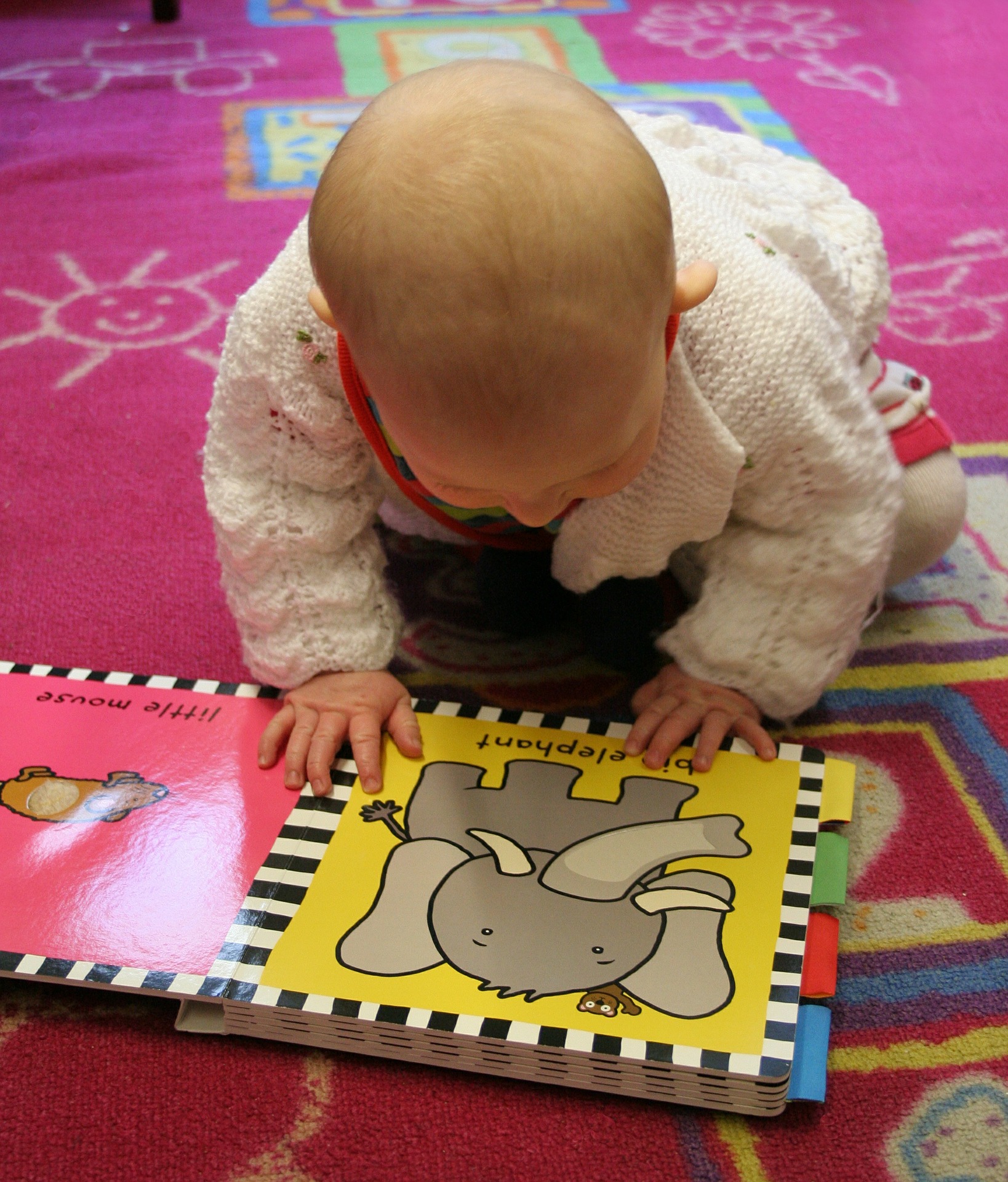Search
Research
Panel 8: Vaccines and immunologyReview and highlight of the significant advances made towards vaccine development and understanding of the immunology of otitis media
Research
Infectious diseases clinician's variation in the management of pediatric Staphylococcus aureus bacteraemia and equipoise for clinical trialsLarge variation in antibiotic prescribing amongst clinicians is demonstrated and increased, corresponding with escalating case complexity and persisting MRSA bacteraemia

Research
GAMA projectThis study investigated host gene expression in response to new HIV infection.

Research
MeaslesMeasles is a highly contagious infectious disease that can cause severe, long-term complications in children.
Research
‘Corona is coming’: COVID-19 vaccination perspectives and experiences amongst Culturally and Linguistically Diverse West AustraliansCulturally and Linguistically Diverse (CALD) groups within high-income countries are at risk of being left behind by the COVID-19 vaccination rollout. They face both access and attitudinal barriers, including low trust in government and health authorities.
Research
The effect of undernutrition on sputum culture conversion and treatment outcomes among people with multidrug-resistant tuberculosis: a systematic review and meta-analysisWe aimed to evaluate the effect of undernutrition on sputum culture conversion and treatment outcomes among people with multidrug-resistant tuberculosis.
Research
Epstein–Barr virus infection, B-cell dysfunction and other risk factors converge in gut-associated lymphoid tissue to drive the immunopathogenesis of multiple sclerosis: a hypothesisMultiple sclerosis is associated with Epstein–Barr virus (EBV) infection, B-cell dysfunction, gut dysbiosis, and environmental and genetic risk factors, including female sex.
Research
Longitudinal changes in wellbeing amongst breastfeeding women in Australia and New Zealand during the COVID-19 pandemicThe COVID-19 pandemic has impacted new mothers’ wellbeing and breastfeeding experience. Women have experienced changes in birth and postnatal care and restricted access to their support network. It is unclear how these impacts may have changed over time with shifting rates of infection and policies restricting movement and access to services in Australia and New Zealand.
Research
Spatio-temporal monitoring of health facility-level malaria trends in Zambia and adaptive scaling for operational interventionThe spatial and temporal variability inherent in malaria transmission within countries implies that targeted interventions for malaria control in high-burden settings and subnational elimination are a practical necessity. Identifying the spatio-temporal incidence, risk, and trends at different administrative geographies within malaria-endemic countries and monitoring them in near real-time as change occurs is crucial for developing and introducing cost-effective, subnational control and elimination intervention strategies.
Research
COVID-19 Vaccine Mandates: Attitudes and Effects on Holdouts in a Large Australian University PopulationMany governments and institutions mandated COVID-19 vaccines. In late 2021, we sought to ascertain the perspectives of staff and students from The University of Western Australia about the State or the University mandating COVID-19 vaccines.
